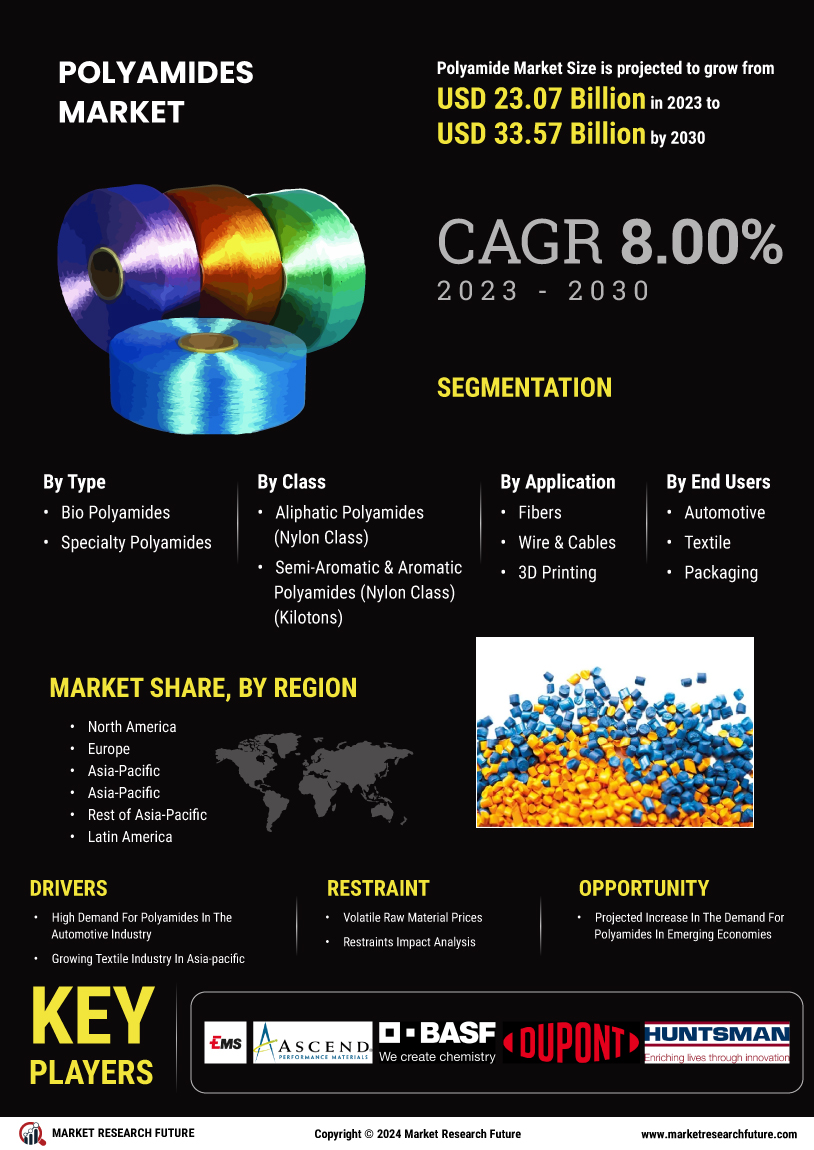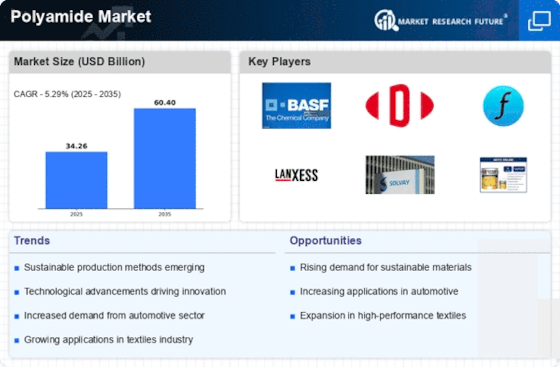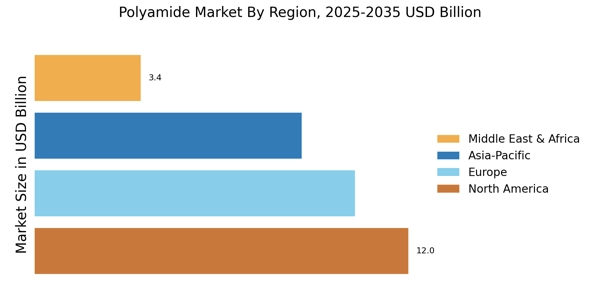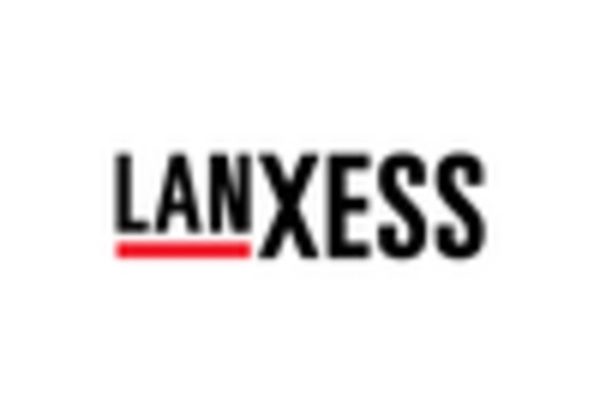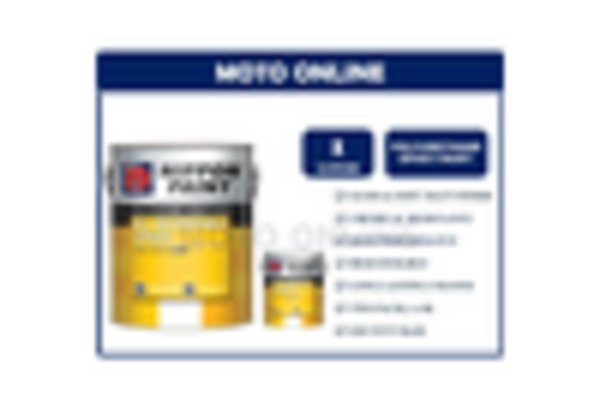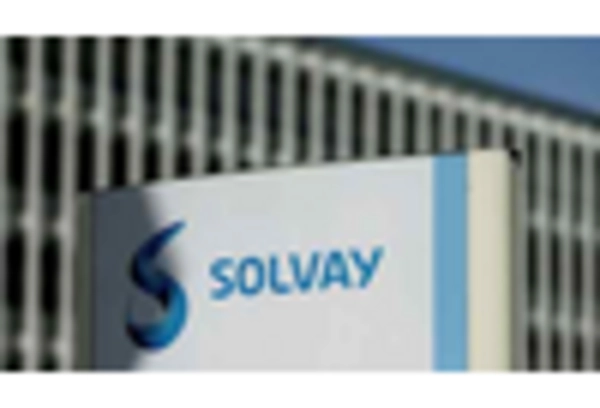Expansion in Automotive Applications
The Polyamide Market is poised for growth due to the expanding applications in the automotive sector. Polyamide materials are increasingly utilized in the production of lightweight components, which contribute to improved fuel efficiency and reduced emissions. In 2025, the automotive segment is expected to represent a substantial portion of the polyamide market, driven by the industry's shift towards more sustainable practices. The integration of polyamide in various automotive parts, such as under-the-hood components and interior fittings, is indicative of its versatility and performance advantages. As manufacturers seek to enhance vehicle performance while adhering to stringent environmental regulations, the demand for polyamide in automotive applications is likely to rise.
Rising Demand in Textile Applications
The Polyamide Market is experiencing a notable surge in demand, particularly within the textile sector. This increase is largely attributed to the material's superior properties, such as durability, elasticity, and resistance to abrasion. As fashion trends evolve, manufacturers are increasingly opting for polyamide fibers in the production of clothing and accessories. In 2025, the textile segment is projected to account for a significant share of the polyamide market, driven by consumer preferences for high-performance fabrics. Furthermore, the growing popularity of activewear and athleisure is likely to bolster the demand for polyamide textiles, as these applications require materials that can withstand rigorous use while maintaining comfort and style.
Increasing Focus on Sustainable Materials
The Polyamide Market is increasingly influenced by the growing emphasis on sustainability and eco-friendly materials. As consumers and manufacturers alike become more environmentally conscious, there is a rising demand for polyamide products derived from renewable resources or recycled materials. This shift is prompting companies to invest in sustainable production practices and develop bio-based polyamides. In 2025, the market is likely to see a significant increase in the availability of sustainable polyamide options, catering to the preferences of eco-conscious consumers. The integration of sustainability into the polyamide production process not only enhances brand reputation but also aligns with global efforts to reduce environmental impact, thereby driving market growth.
Technological Innovations in Manufacturing
Technological advancements within the Polyamide Market are playing a crucial role in enhancing production efficiency and product quality. Innovations such as advanced polymerization techniques and improved processing methods are enabling manufacturers to produce polyamide materials with superior properties. These developments not only reduce production costs but also expand the range of applications for polyamide. In 2025, the market is expected to benefit from these innovations, as they facilitate the creation of high-performance polyamide products that meet the evolving needs of various industries. The ability to customize polyamide formulations for specific applications is likely to further drive market growth, as manufacturers seek tailored solutions for their end products.
Growth in Electronics and Electrical Applications
The Polyamide Market is witnessing a significant uptick in demand from the electronics and electrical sectors. Polyamide materials are favored for their excellent electrical insulation properties and thermal stability, making them ideal for various applications, including connectors, circuit boards, and housings. As the electronics industry continues to expand, particularly with the rise of smart devices and electric vehicles, the demand for polyamide components is expected to increase. In 2025, this segment is projected to contribute notably to the overall polyamide market, driven by the need for lightweight and durable materials that can withstand the rigors of modern technology. The versatility of polyamide in electrical applications positions it as a key player in the evolving landscape of the electronics market.
